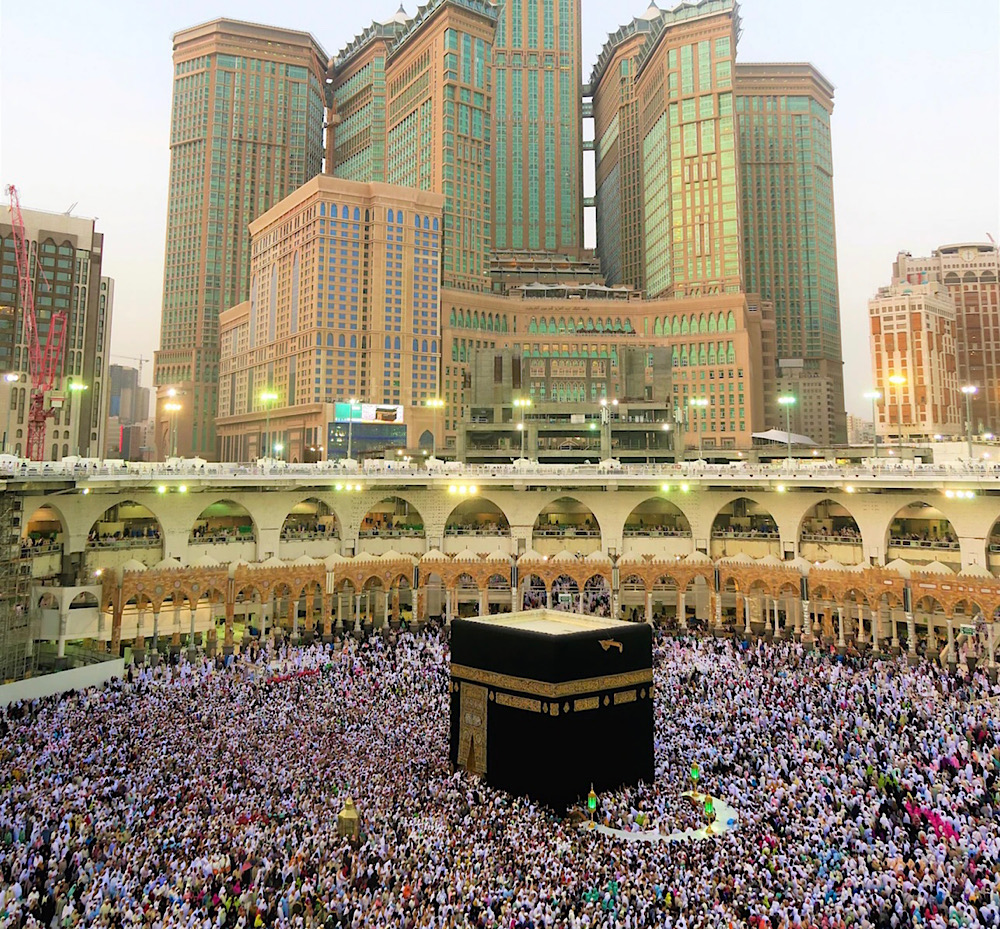Like the UAE, Saudi Arabia might cancel Friday holiday
An op-ed in the newspaper Okaz suggests changing the weekend in the kingdom, the cradle of Islam. Friday would become a working day, while the weekend would be on Saturday and Sunday, like the world’s main financial centres. This has sparked a debate online with many opposed to what is tantamount to following the People of the Book.
Riyadh (AsiaNews) – Will Saudi Arabia make Friday a working day? A proposal to that effect has sparked heated debates and elicited strong opinions. It is also proof that things are changing in Islam’s birthplace, home to its two holiest cities, Makkah and Madinah.
The Okaz newspaper recently published an op-ed titled “Friday is a working day", breaking a taboo about Islam’s holy day of prayer.
In her piece, writer Mona Al-Otaibi questions the traditional Friday-Saturday weekend, saying that the kingdom needs an overhaul. This has sparked a storm on social media between those for and against it.
The author notes that Saudi Arabia suffers financial losses because Friday is an important working day in the world of finances.
Hence, Saudi authorities should consider a Saturday-Sunday weekend, like in the United Arab Emirates, which switched last year after announcing it 2021.
Under a decree issued by King Abdullah in 2013, the weekend was moved from Thursday-Friday, to Friday-Saturday in order to align Saudi financial and business activities with international markets,
Qatar, a member of the Gulf Cooperation Council (GCC), was one of the first to adopt the Friday-Saturday weekend some 20 years ago, followed by Bahrain in 2006 and Kuwait in 200. The Sultanate of Oman implemented the change a month before Saudi Arabia in 2013.
In the Arab world the Friday-Saturday weekend is in place in Algeria, Egypt, Jordan, Libya, and Iraq; in Lebanon (which has a large Christian population), Morocco and Tunisia, Saturday and Sunday are days off. In these countries, some businesses voluntarily close to allow employees to attend Friday prayers.
A prominent Saudi dissident and activist, known online as Mujtahidd, was among the first Saudi to react to the article. he suggests that the idea to "cancel the Friday holiday" probably came from former royal adviser Saud Al-Qahtani.
His tweet sparked several reactions, mostly negative. “Friday prayers will become noon prayers in workplaces,” lamented one user.
Others suggest that the change means "emulating" the People of the Book (Jews, Christians). This would be “the beginning of the end. Friday is work, then Saturday and Sunday are holidays for Jews and Christians,” tweeted another.
Not everyone sees the change unfavourably, or at least are not totally hostile.
"Friday is a wasted day for us,” says one user.
"Actually, if Friday becomes a working day, the number of those who perform Friday prayers in mosques will double compared to the current situation," quipped another.
Finally, some criticise the proposed change, because it follows what the United Arab Emirates did, highlighting widespread regional antagonism.
As one user put it: "A ridiculous justification because the Saudi economy depends on the export of oil, and this does not stop on any day, and it is not a diversified economy that may be affected by a day off. It is clear that it is just an imitation of what happened in Dubai, nothing more."
In trying to wean the country away from overreliance on oil with his Vision 2030 plan, Crown Prince Mohammed bin Salman has started to reshape the country’s social life and hardline interpretation of Islam.
The first reforms introduced in 2019 have touched social relations and individual rights, such as granting women the right to drive and (separate) access to stadiums.
The crown prince also boosted the local entertainment industry and promoted new technologies. In religious matters, he initiated a progressive move away from Wahhabism.
At the same time, the arrests of senior officials and business leaders, the crackdown on activists and critical voices, and the Khashoggi affair have cast a long a shadow on how real change is in the kingdom, which seems to be driven more by economic imperatives than a desire for greater openness.
11/06/2018 19:15
31/10/2022 18:52







.png)










